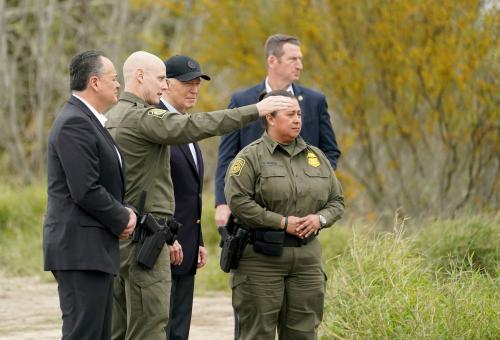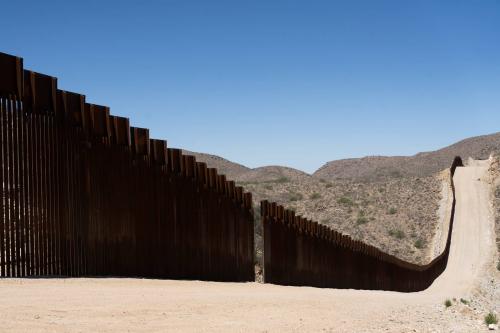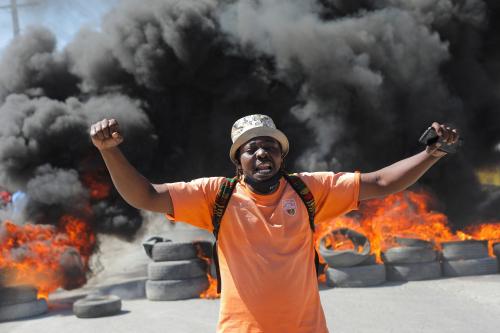Last week, the International Maritime Bureau (IMB), an arm of the International Chamber of Commerce, released its latest report on the state of piracy in the world, covering figures from the first half of 2018. It seems piracy incidents are on the rise. In the first half of 2018, there have been 107 incidents reported, compared to 87 in 2017 overall. Moreover, the number of hostages taken over the studied period was 102, up from 63 during the first half of 2017. Notably, there has been a shift in the geography of pirate attacks: As seen in the figure below, piracy incidents in sub-Saharan Africa were concentrated in the Gulf of Guinea, with 31 incidents reported in Nigeria against only one in Somalia (in the Horn of Africa) (Figure 1).
Piracy has effects beyond just hostage taking: The increase of piracy in the Gulf of Guinea is leading to higher shipping costs as vessels are compelled to insure their crew and their vessels as well as pay for higher security costs. Moreover, shipping vessels sometimes choose to avoid piracy hotspots, making shipping times longer, thus increasing transportation costs.
Figure 1. Total piracy incidents in Africa, January-June 2018
Overall, the report finds that 75 percent of the 107 incidents worldwide reported between January and June 2018 occurred in 6 countries: Bangladesh, Benin, Ghana, Indonesia, Nigeria, and Venezuela (Figure 2). Moreover, nearly 45 percent of incidents took place in Africa, the largest share among regions.
Figure 2. Piracy incidents by country, Jan-June 2018
As noted above, Somalia, previously a piracy hotspot, has seen a decline in the number of piracy incidents. In fact, in the second quarter of 2018, there were no reported incidents off the coast of Somalia. Still, the IMB urges vessels to maintain a high level of vigilance when in the area. The report attributes the decline of piracy in Somalia to the increased use of vessels’ armed security teams and other mitigation efforts. On the other hand, attacks off the coast of Nigeria increased threefold from 2014 levels. Femi Adesina, special adviser on media and publicity to President Muhammadu Buhari, attributes this increase to the lack of jobs in the Niger Delta region.
Though already high, the report states that the number of pirate attacks is actually much higher, as many go unreported. One reason for under-reporting is the potential damage to private companies’ reputations, as the attack exposes flaws in their security systems. The IMB urges local authorities to improve the reporting of piracy incidents in order to “help focus on risk areas, and to accurately inform vessels of evolving dangers and allow authorities to deliver an effective response.” Moreover, the report urges a structured response from governments to address piracy, such as improved sea patrol. It also encourages shipping companies to improve security on board and stay vigilant. Other recommendations from piracy experts include increased cooperation among international partners (such as the U.S. and China), increased intelligence sharing, and the elimination of pirate safe havens on land.
For more information on piracy in Africa, please read the piece by Brookings Senior Fellow Vanda Felbab-Brown, “Dealing With Piracy Off The Coast Of Somalia And In The Gulf Of Guinea.”
For more information on the drivers of piracy in Somalia, please read the piece by Amadou Sy and Jessica Smith titled, “Captain Phillips and the Drivers of Piracy in East Africa and Somalia.”






Commentary
Figures of the week: Piracy increasing in the Gulf of Guinea
August 2, 2018